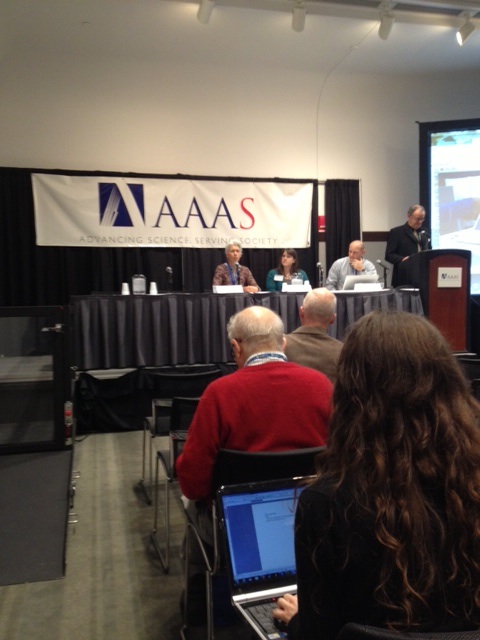Along with rising sea levels, warmer winters, and worsening heat waves, climate change could raise our odds of getting malaria or other parasite-born diseases. One reason for that is because mosquitos and other disease-carriers are able to expand into areas that used to be too cold for them.
Earlier this week, Penn State biologist Isabella Cattadori published a paper about how climate change can impact parasites living in the soil, therefore impacting infection.
Cattadori and colleagues observed Scottish rabbits for nearly two and a half decades and found that the warming climate over that period enabled soil parasites to live longer, putting the rabbits at an increased risk of infection. The extent to which this increased risk affects the severity of an infection, she says, depends on the strength of the host’s (in this case, the rabbit’s) immune response. Cattadori’s findings could eventually help treat and prevent infections in humans from similar parasites.
She tells us more in the video below:
Members of the news media interested in talking to Cattadori should contact Barbara Kennedy at 814-863-4682 or bkk1@psu.edu.


